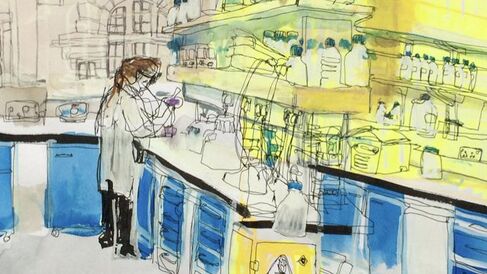
Independent Research Fellowships
We are seeking to host early career researchers who have the ambition to start an independent research group. Apply by 24th October 2025.
Deciphering the molecular principles of life using a broad set of technologies applied across evolution

We are seeking to host early career researchers who have the ambition to start an independent research group. Apply by 24th October 2025.